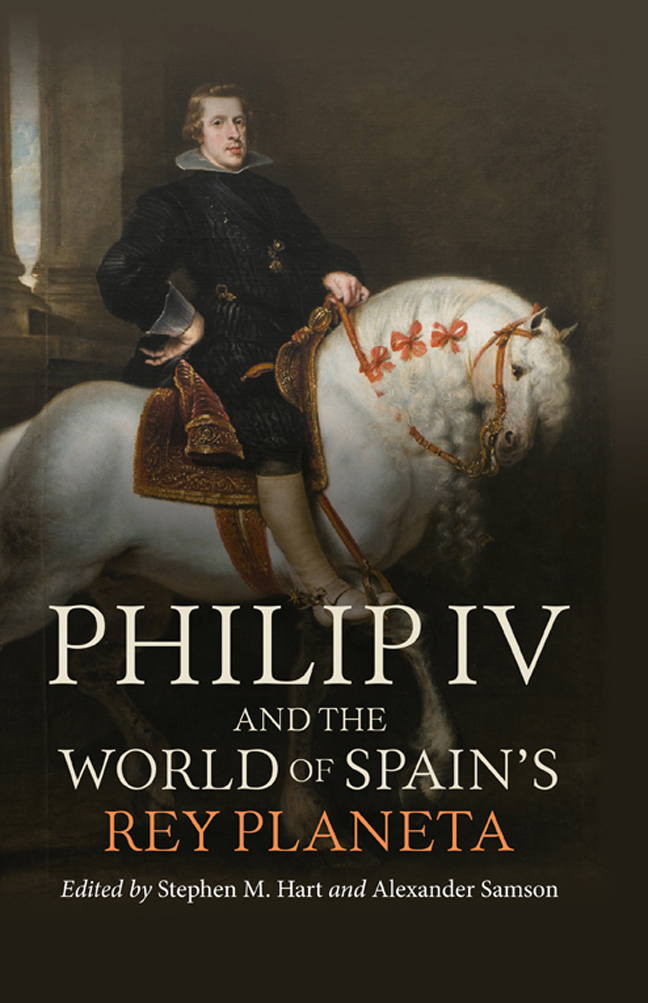6 - Smugglers, Thieves, and Fraudsters: Francisco de León and the Seville Revolt of 1652
Published online by Cambridge University Press: 15 February 2024
Summary
Between 1647 and 1652 more than twenty of the towns and cities of Andalusia witnessed the eruption of urban revolts. During this time, townsfolk across this region in the south of Spain launched protests against their municipal governments and local royal representatives, complaining primarily of the high price of bread and other foodstuffs. Of particular significance and worry to Philip IV's monarchy in Madrid were the large-scale revolts that took place in the three major cities of Granada (1648), Córdoba, and Seville (both in 1652). These, of course, came towards the end of a period of crisis in Philip IV's reign. A time when the revolts of Catalonia (1640–59), Sicily (1647–48), Naples (1647–48), and Portugal (1640–68); the fall of Olivares (1643); war with the Dutch Republic (1558–1648) and France (1635–59); and continued financial troubles (in particular the suspension of payments of 1647 and 1653) all combined to cast severe doubt on the power and efficacy of Philip IV's rule. In Andalusia the monarchy's authority had also been shaken by the 1641 conspiracy of the Duke of Medina Sidonia; for which the Duke, a powerful member of the Andalusian nobility, was arrested and banished from his lands, and his alleged co-conspirator, the Marquis of Ayamonte, was eventually executed in 1648. Amongst this plethora of revolts, wars, and financial problems, it is perhaps unsurprising that the revolts in Andalusia (or alteraciones andaluzas, ‘Andalusian disturbances’, as they were dubbed by Antonio Domínguez Ortiz) have not attracted a huge amount of attention from historians. However, the reasons for their occurrence and the ways in which the status quo was restored in Andalusia have much to tell us about the exercise of royal power and its interactions with the municipal governments of the region's towns and cities. Of particular note is the fact that the monarchy and the government in Madrid had very little involvement in the immediate restoration of order in Andalusia. In part, direct involvement from Madrid was rendered unnecessary by the simple fact that, by the time news reached the capital of disorder in a town or city, the protests had often already been pacified through the actions of municipal governments, the nobility, or church officials.
- Type
- Chapter
- Information
- Philip IV and the World of Spain's Rey Planeta , pp. 132 - 150Publisher: Boydell & BrewerPrint publication year: 2023



